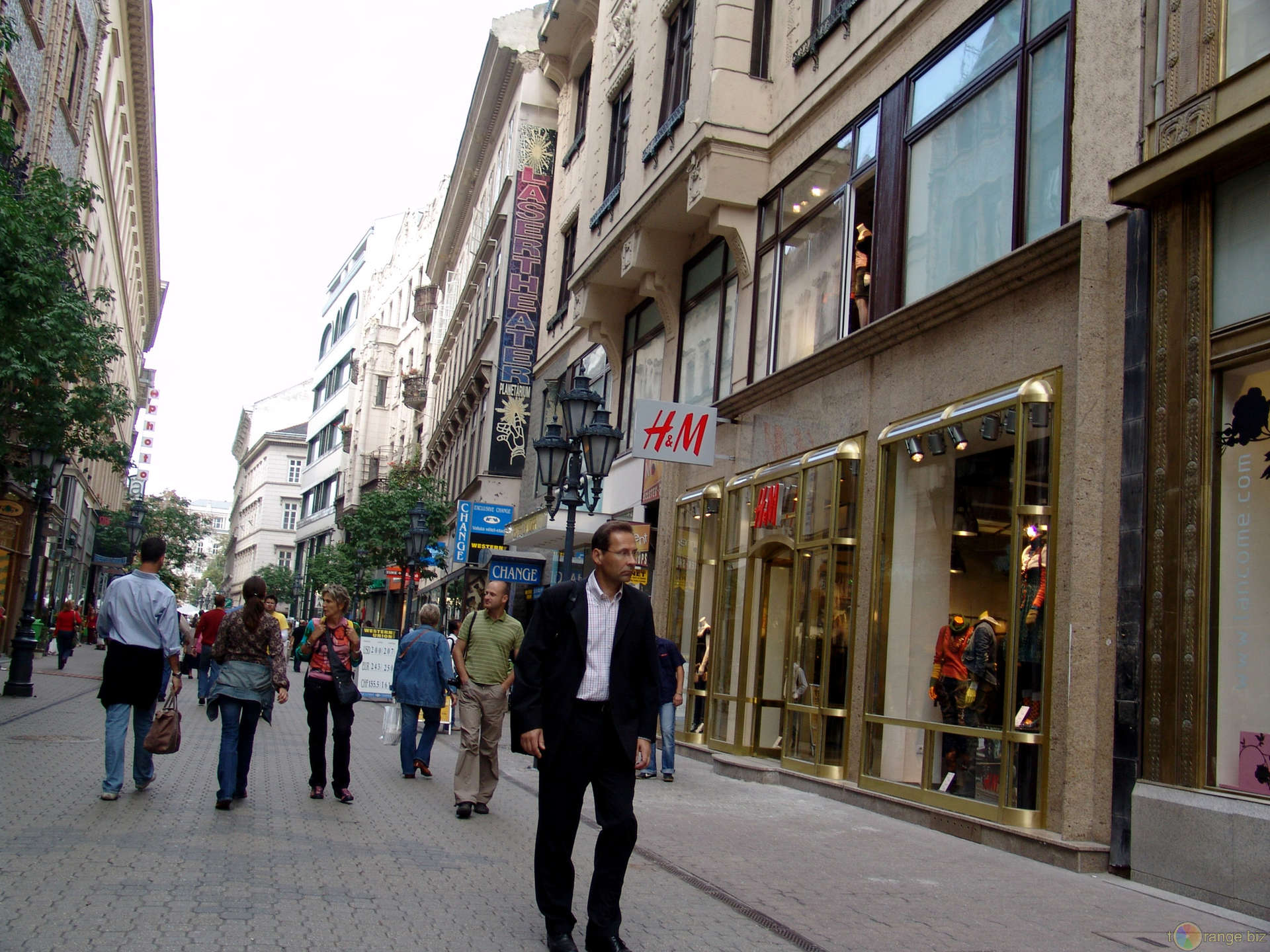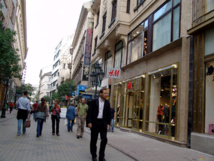The research company STR, which monitors information related to the tourism industry, reported its data on the impact the attacks had on tourists in Europe. As noted in the report, Brussels instantly felt the consequences of the terrorist attacks. Already in the next few days, occupancy hotels in Brussels fell from 82% to 25%. Other tourist centers of Europe experienced negative effects of the terrorist attacks, too. London hotel occupancy fell to 24.7%, Paris - by 15%. The European hotel and tourism industry, which brings about 10% of total GDP of the European Union, only began to recover after the Paris attacks - yet, even this didn't help much
According to the World Tourism Organization's report published in January this year, increase in tourist traffic in Europe was projected at 3.5-4% instead of the previously expected 5%. Now, however, experts say that the growth figures will be even less, if will take place at all.
"Uncertain geopolitical situation prompted some customers to delay planning and booking their holidays" - Peter Fankhauser, CEO of Thomas Cook, quoted by The Wall Street Journal Europe.
In turn, the director of the Frankfurt Institute for the Study of China's foreign tourism Wolfgang Arlt notes that the Chinese have become especially wary when in comes to travelling to Europe. "Europe is no longer seen as a safe place. The Chinese do not tend to make a distinction between France, Italy and Spain. For them, Europe as a whole seems insecure now,"- he says.
Brussels is less popular among tourists than Paris or London, yet the Belgian capital is one of the most important transport hubs in Europe, partly due to the fact that the city hosts the headquarters of NATO and the majority of the EU institutions.
In recent years, tourism has been playing an important role in the recovery of the eurozone economy, since Europe is the world's most popular region among travelers. The industry accounts for about 10% of European GDP.
UNWTO World Tourism Organization in January warned that the increase in the number of foreign tourists visiting Europe could slow this year to 3.5-4.5% from 5% expected the previous year. After the Brussels' events, the forecast could be revised down.
British Thomas Cook Group Plc, the second-largest tour operator in Europe, last week reported a decrease in the number of bookings for the summer season by 5% compared to 2015.
source: wsj.com
According to the World Tourism Organization's report published in January this year, increase in tourist traffic in Europe was projected at 3.5-4% instead of the previously expected 5%. Now, however, experts say that the growth figures will be even less, if will take place at all.
"Uncertain geopolitical situation prompted some customers to delay planning and booking their holidays" - Peter Fankhauser, CEO of Thomas Cook, quoted by The Wall Street Journal Europe.
In turn, the director of the Frankfurt Institute for the Study of China's foreign tourism Wolfgang Arlt notes that the Chinese have become especially wary when in comes to travelling to Europe. "Europe is no longer seen as a safe place. The Chinese do not tend to make a distinction between France, Italy and Spain. For them, Europe as a whole seems insecure now,"- he says.
Brussels is less popular among tourists than Paris or London, yet the Belgian capital is one of the most important transport hubs in Europe, partly due to the fact that the city hosts the headquarters of NATO and the majority of the EU institutions.
In recent years, tourism has been playing an important role in the recovery of the eurozone economy, since Europe is the world's most popular region among travelers. The industry accounts for about 10% of European GDP.
UNWTO World Tourism Organization in January warned that the increase in the number of foreign tourists visiting Europe could slow this year to 3.5-4.5% from 5% expected the previous year. After the Brussels' events, the forecast could be revised down.
British Thomas Cook Group Plc, the second-largest tour operator in Europe, last week reported a decrease in the number of bookings for the summer season by 5% compared to 2015.
source: wsj.com



















